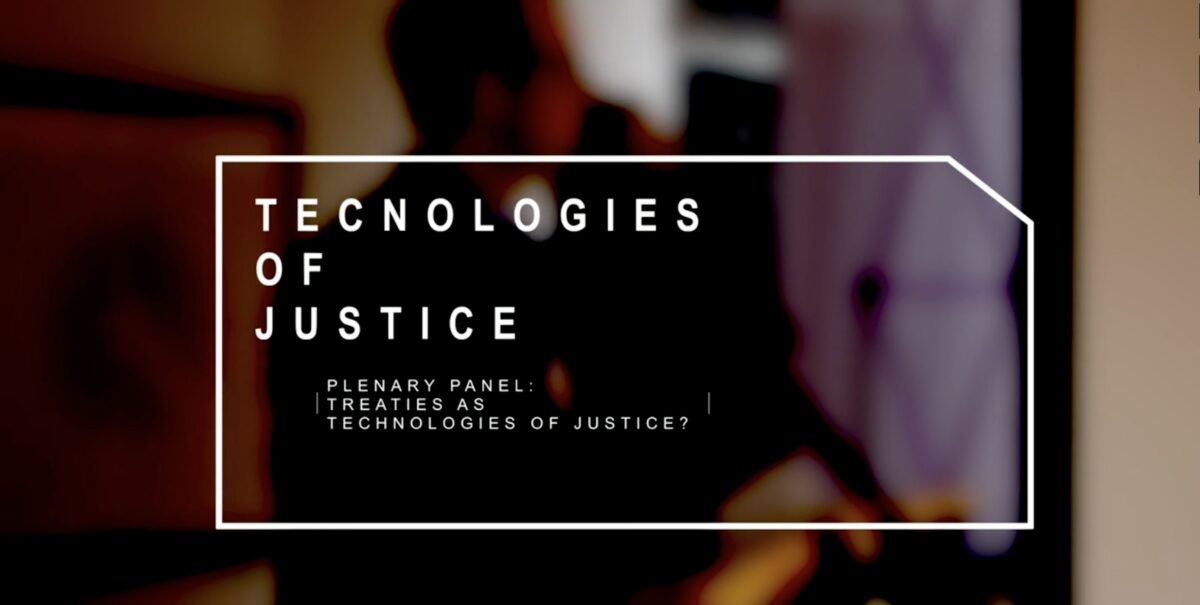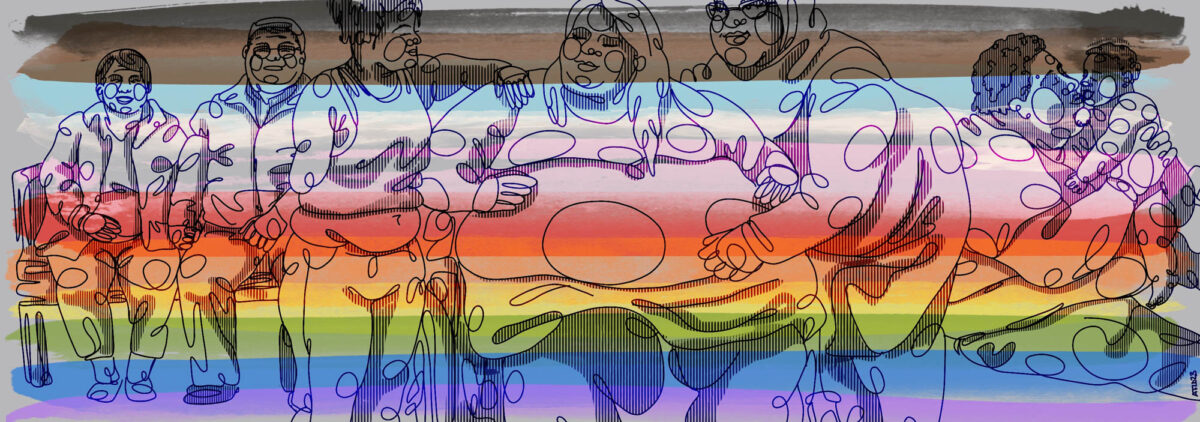
On January 26th & 27th, 2018, the Legal Studies program at the University of Ontario Institute of Technology (UOIT) hosted Technologies of Justice, a conference that aimed to develop a more holistic understanding of the relationships between law, technology and (in)justice.
Organized by Dr. Jen Rinaldi, BIT co-applicant, and a team of collaborators, the 2-day event featured over 75 legal and interdisciplinary scholars presenting work with wide-reaching implications for access, decolonization, and justice. It examined the interface between law and technologies and how together they generate social experiences of (in)justice.
Topics ranged from the physical and digital aspects of how technology interacts with the legal and justice systems, technology as a method of social regulation—a “mode of governmentality,” to use a Foucauldian term, to how technology impacts the kinds of disclosures and violence that people with disabilities encounter.
One highlight of the conference was the plenary panel on treaties as a technology of injustice. Members of the panel discussed the role that treaties have played in maintaining systems of colonialism and in stripping Indigenous peoples of their territories, culture and rights. Artist Vanessa Dion Fletcher offered a performance piece in which she projected images onto her body, bringing to mind the impacts of legal and social restraints, both Indigenous and colonial, on her family, herself, and her body.
The conference was well-attended, with about 150 attendees over the two days. It provided multiple lenses for considering how technology is understood and used in our day-to-day lives and in the organizing structures of them.





